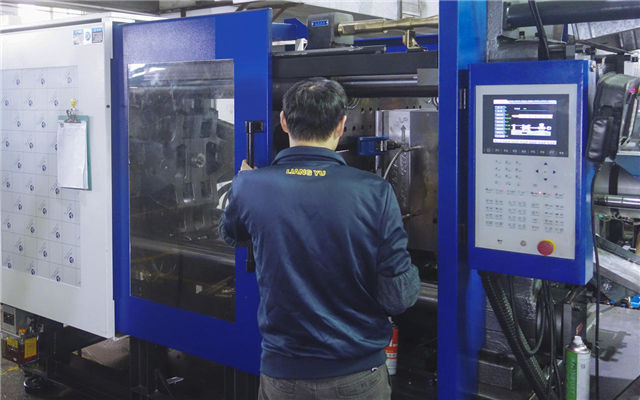Class II medical devices, as classified by the FDA, require greater regulatory control than Class I devices due to their potential risks. To meet the strict safety and quality requirements, manufacturers often turn to specialized medical plastic injection molding manufacturers who understand the process and regulatory demands of producing these devices.
Injection molding for Class II medical products is ideal due to its ability to produce high volumes of complex, consistent parts at a relatively low cost. This method involves melting plastic and injecting it into a precisely designed mold cavity where it cools and hardens. The process results in highly accurate and durable components suitable for medical use.
Key Benefits of Injection Molding for Medical Products
Injection molding provides various benefits for the medical injection molding industry, particularly for Class II medical devices:
Precision and Consistency: The process enables the production of complex geometries with minimal variation between units. Consistency is crucial in medical parts injection molding to ensure that each component meets exacting standards.
Material Versatility: A range of biocompatible, medical-grade injection molding plastic materials can be used. These materials, including polycarbonate, polyethylene, and polypropylene, are durable, sterile, and suitable for sensitive medical environments.
Cost-Effectiveness: Injection molding is highly cost-efficient, especially for high-volume production. This efficiency makes it easier for companies to meet demand without compromising quality.
Regulatory Compliance: Reputable medical plastic injection molding manufacturers adhere to industry standards, ensuring that Class II medical devices meet stringent quality and safety requirements.
Applications of Injection Molded Medical Products in Class II Devices
● Syringes and Injection Systems
● Diagnostic Equipment
● Surgical Instruments and Components
● Catheters and Tubing Components
● Respiratory Devices and Components
● IV and Fluid Management Components
● Dental Instruments and Accessories
● Medical Device Housings and Enclosures
● Wearable Medical Devices
The versatility of injection molding for Class II medical products allows manufacturers to meet the demands of various medical applications, from drug delivery and diagnostic tools to wearable devices and surgical instruments. This process not only ensures consistent quality but also provides the flexibility to adapt to evolving healthcare needs.
Partnering with a Trusted Medical Plastic Injection Molding Manufacturer
Selecting the right medical plastic injection molding manufacturer is crucial for ensuring quality and compliance. They should provide expertise in choosing the best materials and mold designs for specific medical applications.
Leading manufacturers offer end-to-end solutions, from mold design to final production, ensuring that all aspects of the medical injection molding process meet regulatory standards. Their expertise enables companies to bring reliable, high-quality injection molded medical products to market faster while minimizing risk.
Future Trends in Medical Injection Molding
Injection molding for Class II medical products will remain a critical component of medical manufacturing. It offers a reliable, scalable solution for producing essential medical components that adhere to stringent safety standards. With advancements in material science and manufacturing technologies, manufacturers are producing medical parts that are stronger, lighter, and more versatile than ever before. Additionally, technologies like automation and AI are enhancing quality control processes, reducing waste, and increasing production efficiency.
In a word, injection molding for Class II medical products is indispensable in today’s healthcare industry, providing a consistent, cost-effective, and compliant method for producing complex medical components. The process, facilitated by advancements in materials, mold design, and manufacturing technology, meets the high standards required for medical applications. By partnering with an experienced medical plastic injection molding manufacturer, companies can ensure the production of reliable and safe medical devices that comply with standards and serve the critical needs of patients.

.jpg)

.jpg)